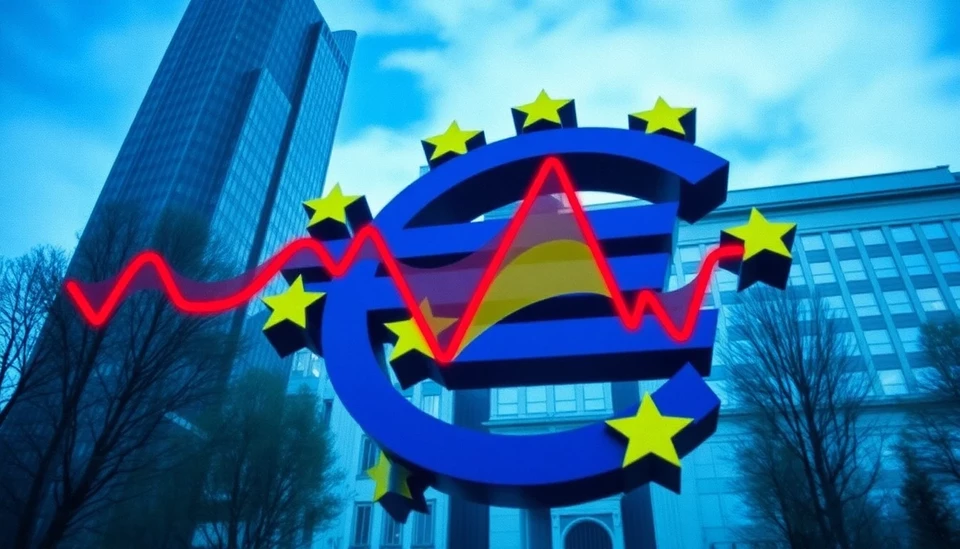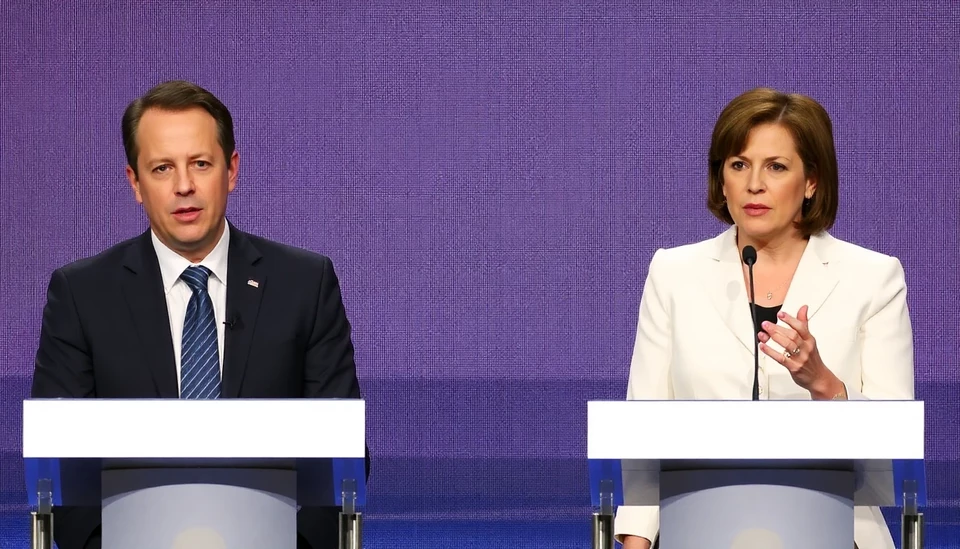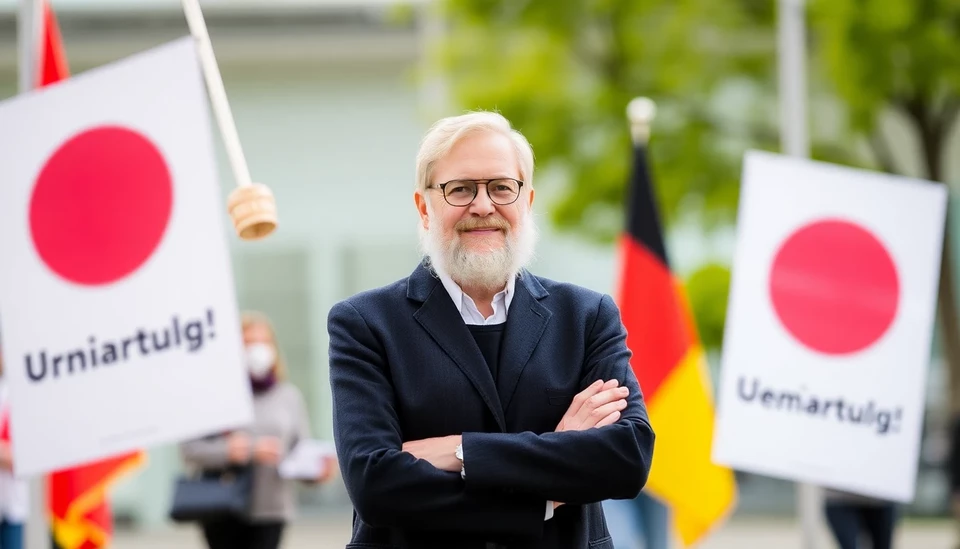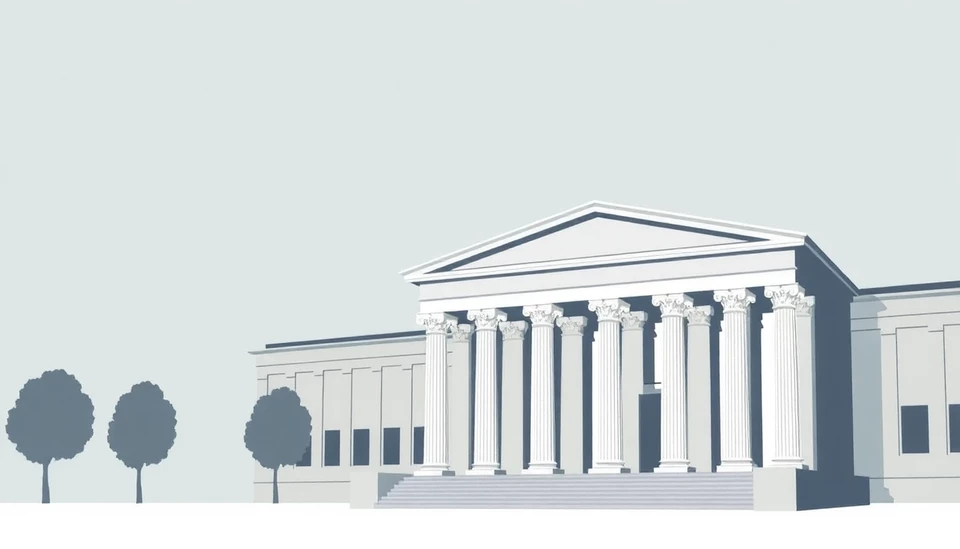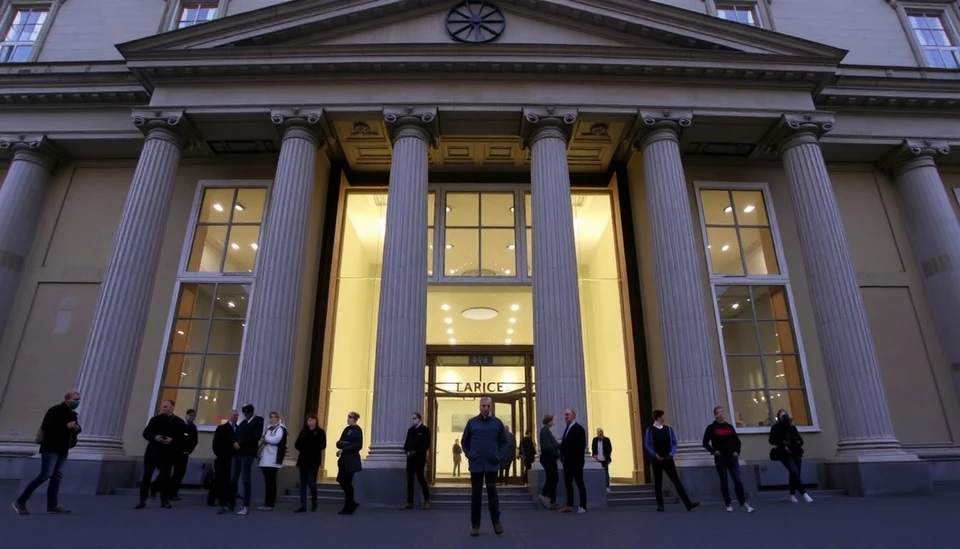
In a significant move that underscores the political turmoil facing Germany, the government has enacted a provisional budget for 2025. This decision comes in the wake of the announcement of snap elections, reflecting the need for stability and continued governance during a period marked by uncertainty. The provisional budget aims to address immediate fiscal responsibilities while allowing for a flexible approach as the country prepares for electoral outcomes that could reshape its political landscape.
The German government, led by Chancellor Olaf Scholz, has been navigating a complex situation characterized by dwindling support and internal party discord. Critics have been vocal about their concerns regarding the effectiveness of the current administration, and the decision to call for early elections has been viewed by many as a strategic move to regain favor with the electorate.
The provisional budget, which has garnered mixed reactions, is designed to ensure that essential services and welfare programs remain funded during the transitional phase. Key allocations include increased support for social programs aimed at cushioning the impact of rising living costs, particularly in the wake of ongoing inflationary pressures that have affected many citizens across the nation.
Moreover, the budget reflects continued commitment to environmental initiatives, with funding designated for sustainable energy projects and the transition to greener technologies. This decision aligns with Germany's broader goals of achieving climate neutrality by 2045, a target that remains a cornerstone of the government's agenda.
However, the provisional nature of the budget raises questions about its long-term viability, especially if significant political shifts occur after the upcoming elections. Analysts suggest that any incoming administration, regardless of its composition, may wish to revise fiscal policies to reflect its own priorities and ideologies. This potential for change emphasizes the need for the current budget to be flexible enough to accommodate future adjustments.
With voting expected to take place in the coming months, the political arena is heating up as various parties ramp up their campaigns. As the stakes get higher, citizens are closely watching how these developments will impact their lives and Germany’s economic prospects. The provisional budget is seen as a temporary solution, yet it is crucial in providing a framework for governance during an unpredictable political climate.
As Germany marches towards the snap elections, the implementation of this provisional budget will play a pivotal role in shaping the electorate's perception of the current government's ability to manage the country's affairs effectively. Voters will likely reflect on the fiscal strategies and initiatives carried out during this period, as they prepare to cast their votes for a new legislative assembly.
The next few months will be critical for both the government and the electorate, as Germany seeks to navigate this challenging political landscape while maintaining economic stability for its citizens.
#Germany #Budget2025 #SnapElections #PoliticalStability #ChancellorScholz #Elections2024
Author: Laura Mitchell
